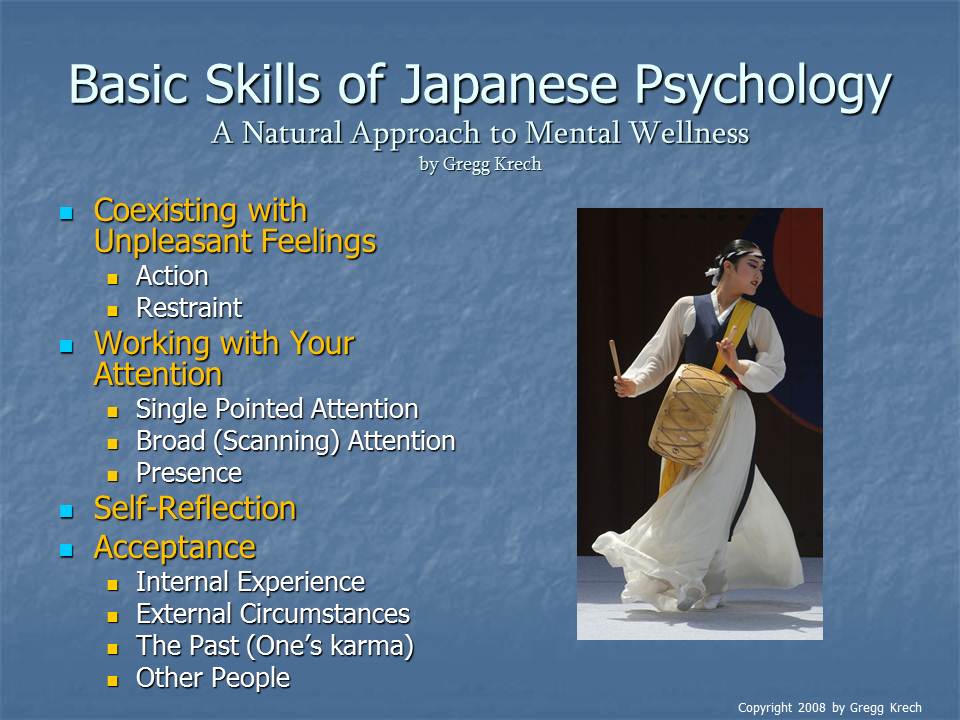(In our Winter issue of Thirty Thousand Days we printed an essay from the book Strength in the Storm by Eknath Easwaran. Here is an excerpt from that essay)
Most of us live very little in the present. If we could watch our thoughts, we would be surprised to see how much time we spend in the past or future. “I don’t like the way he behaved to me this morning. I wonder what she meant be that remark last summer. How am I going to face my boss when I haven’t got that report done?” This is how the mind runs off, away, from the present moment.
For example, you sit down for work and soon a little part of your mind taps you on the shoulder and whispers, “Hey, we’re going to a movie tonight! You almost forgot.” Instead of letting your mind wander to the coming evening, bring it back to what you are doing. If you let it wander during the morning’s work, it will wander in the evening too. When the time comes to see the film, you will be only partially there.
Or perhaps you are trapped in a boring meeting. The clock on the wall says ten-thirty in the morning, but for you it is already eight in the evening and you’re saying hello to your date. Your mind is not on the meeting; you scarcely hear the words. While your colleagues talk, you sit there waiting for the sun to set.
And probably your date is doing the same. Imagine: two people who want to be fully alive spending most of the day being anywhere but here and now.
We think this kind of daydreaming is romantic, but it is just the opposite. If you really want to know how to love, you will want to give your beloved your full attention — which means gaining some control over your mind, teaching it to listen to you.
And that means you have to train it. After all, you have been teaching it just the opposite all your life, letting it do whatever it likes. Now you have to teach your mind some new habits. In that meeting, for example, you can start paying attention to what your manager wants to say about efficiency instead of daydreaming about what you’re going to do that evening. If the mind starts to wander, you bring it back to the speaker.
You can see how difficult this is. But if you can do it, when you and your beloved finally get together that evening, you will know you can give your complete attention, without the slightest flicker. I can assure you that your date will appreciate it too.
And the next day, instead of replaying the highlights of the evening, you give all your attention to what’s on your desk. That too sounds unromantic — and no fun at all. But it is the secret of a free mind, which is the key to romance and happiness as well as to success at your job.
*If you are interested in training yourself to develop more skill in using your attention, join us on April 1 for the distance learning course Working with Your Attention.
More information here Working with Your Attention Course
Flower Photo by Chani Krech (permission)
Tags: anxiety Professional Members











